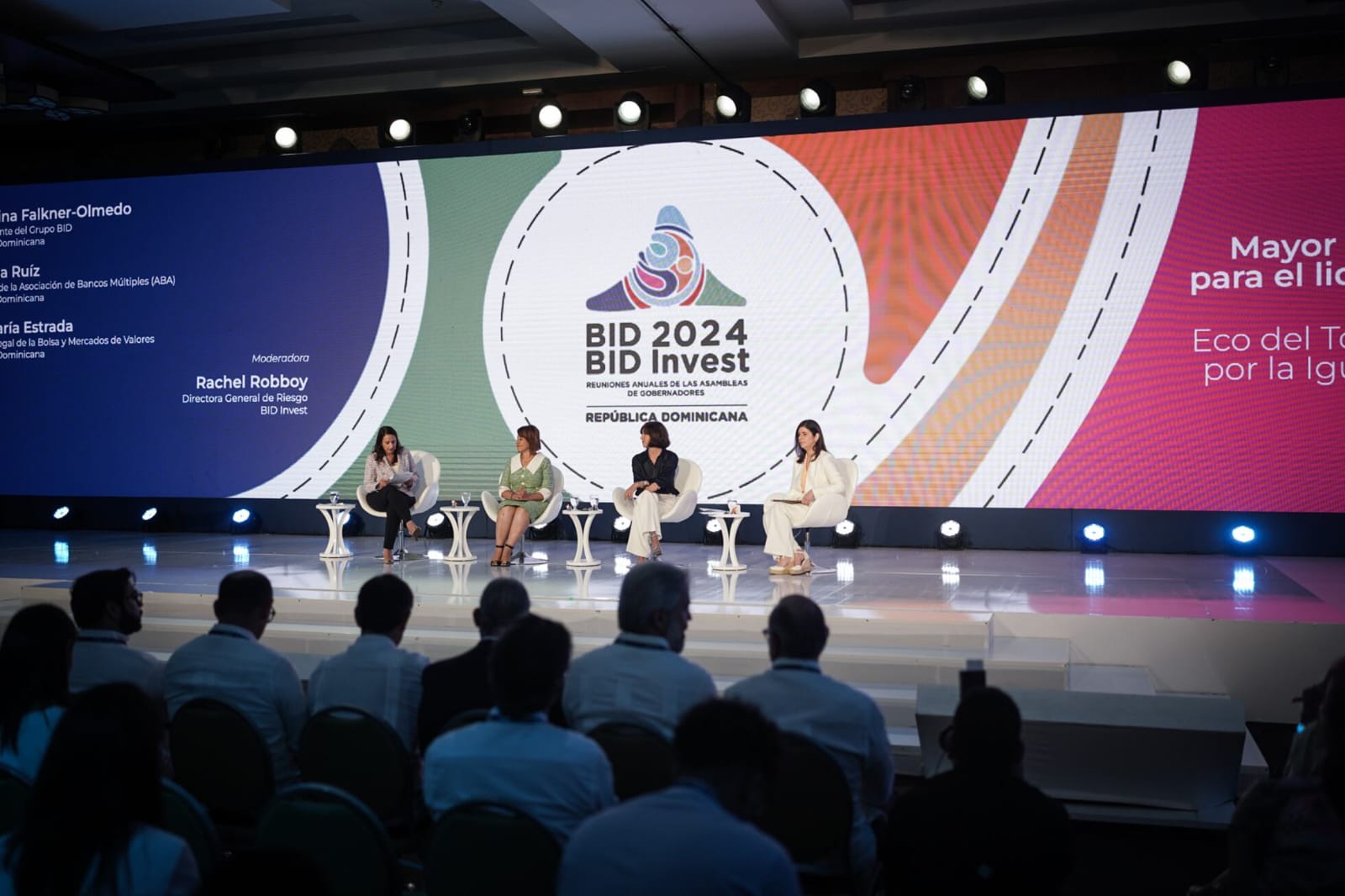The Dominican Republic stands out as a leading example, having successfully aligned its WSME definition with both national MSME classifications and the WE Finance Code’s guardrails – all within a single day. Their efforts are supported by the Inter-American Development Bank Group.
The journey toward a unified WSME definition began with the recognition that a legal framework for MSMEs was already in place under national legislation. However, a more specific definition for Women-Owned MSMEs was needed to align with the Code’s requirements. To address this, key stakeholders – including financial institutions, government agencies, and regulators – convened for a focused discussion. They conducted a thorough review of existing MSME classifications and financial institutions’ criteria for women-owned businesses, identifying gaps in sex-disaggregated data. By the end of the day, consensus was reached: a business would be classified as women-owned if at least 51% of its ownership was female, aligning seamlessly with national MSME categories.
The Dominican Republic’s experience offers valuable lessons for other countries working to harmonize WSME definitions efficiently. A key success factor was the involvement of a diverse coalition, ensuring that both public and private sector needs were met, leading to widespread acceptance. Additionally, leveraging pre-existing financial institution definitions – such as MSME classifications – helped streamline the process.
Looking ahead, there is growing interest in the DR in expanding the national definition beyond ownership to also consider women-led businesses (based on female participation in management) and businesses with predominantly female workforces.

